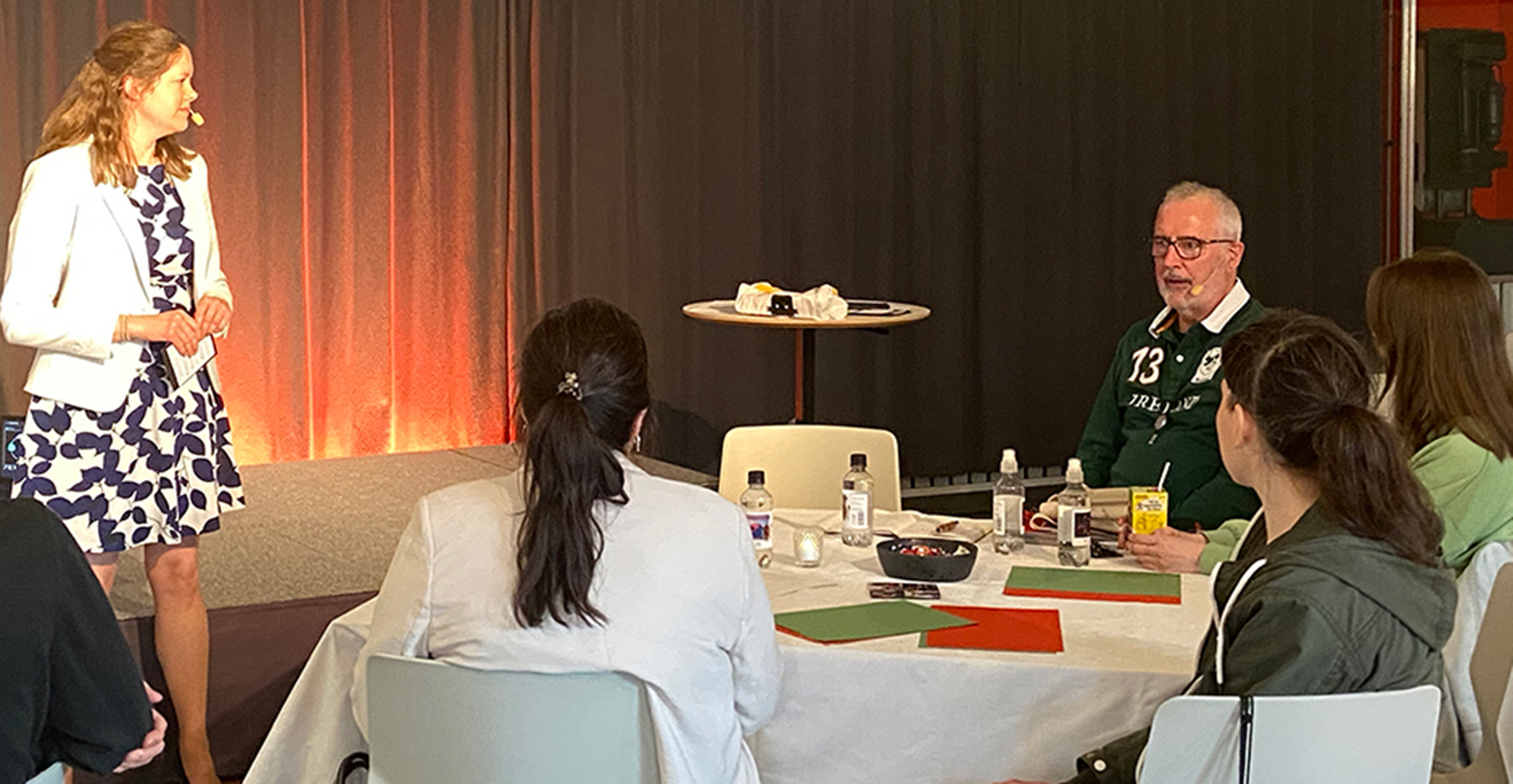Can you change the world with 12.5 euros a day?
Can you change the world with 12.5 euros?
Authored by: Ivan Yamshchikov
Reviewed by: Greta Alliaj and Cristina Paca

On January 18th 2023, Time Magazine published a story that put ChatGPT back in the news. Anybody interested in Artificial and Natural Intelligence couldn’t miss a headline like that: “Exclusive: OpenAI Used Kenyan Workers on Less Than $2 Per Hour to Make ChatGPT Less Toxic”. If you did not read this work, please, do. Here’s the link. You need to know and think about it since you are using Artificial Intelligence daily, which will hardly change in the foreseeable future. For example, this text that you are reading right now might have appeared in your newsfeed because a “recommendation algorithm” found it for you, or because you found it while searching for something online. Somebody developed and trained these algorithms, while somebody else labelled the data for this training.
This is not the first publication from Time Magazine about those people that tend to remain invisible whenever AI is mentioned: data labellers. In February 2022, Time published another great piece, “Inside Facebook’s African Sweatshop“. You can probably get the main message from the headlines, but I encourage you to read both articles before returning to this text. I know it’s a lot to ask – we live with constantly divided attention, which is worsened by permanent time deficit. Nevertheless, it’s time well spent.
I hope you followed my advice, but in case you did not, here are several vital facts. Big Tech outsources data labelling to countries with lower levels of income. Data labellers have to deal with horrible content. I cannot put it mildly. The articles mention “sexual abuse, bestiality, rape, sexual slavery, graphic detail of death, violence, or serious physical injury”. People who label this content get around 1.5 dollars an hour working at least nine hours daily. Their mental health suffers and they do not always get proper counselling. Let these facts sting because they should. If you read this from the comfort of your home or office desk, those things take time to sink in.
One of my favourite books of all time is “Factfullness” by the late Hans Rosling. I remember seeing his talk “The best stats you’ve ever seen” and feeling an incredible surge of hope. I read “Factfullness”, published after he passed away, and learned one important lesson: context matters. We are used to the context we live in. This includes every little detail of our daily routine: from the price of coffee to our vacation plans. This defines what we find funny and what we find offensive. If you want to understand something, you have to put it into context. If you want to understand something far from your daily experience, you must try to reconstruct the context relevant to the issue you are trying to understand. We, as a species, are terrible at this task. Yet we make swift moral judgments that might affect our decisions. Moreover, we make moral judgments predicated on our daily experience and rarely consider the consequences of those judgments for the people who live lives very different from ours. Since both articles mentioned Kenya, let’s talk about it.
You probably heard about the Big Mac index. It is one of the ways to estimate purchasing power in different regions of the world. I could not find the Big Mac index for Kenya, but thanks to McDonald’s eternal nemesis, Burger King, I managed to find a Whopper Index, which is fine with me. A whopper costs 590 Kenyan shillings, which is approximately 4.35 euros. A whopper in the local Burger King in Leipzig will cost me 8.69. Nine hours a day for 1.5 dollars per hour makes something like 12 Euros and 50 cents daily for Kenyan data labellers. If we adjust that salary for Kenyan purchasing power (assuming that the same amount of money buys you twice as many whoppers in Nairobi than in Berlin), we get 25 euros a day. You can tell me that 25 euros are still not a lot of money, especially if the person has to get that money at the price of their mental health. What difference does it make? The difference is that now you might better understand the data labellers’ actual condition. What if we add one more data point to this context?
The United Nations’ World Food Programme estimates that between October and December 2022, almost three and a half million people in Kenya were facing emergency levels of food scarcity. Five per cent of the country’s population is “in urgent need of food assistance”’. 25 euros buys you more than eight kilos of rice in Germany. When a human being has to choose between starving or watching harmful content nine hours a day, the choice is a no-brainer.
How about some more facts to put the news into perspective? 1.5 dollars an hour, a nine-hour-day and a five-day work week pay a salary comparable to the one that members of the “most trained and highly skilled with tactics police” get in Kenya. According to data by Payscale, this is approximately what an administrative assistant or office administrator makes in Nairobi. It is also approximately a quarter of what a Member of a County Assembly makes.
Yes, 1.5 dollars an hour is a meagre wage. Yes, data labellers should be entitled to help from mental health practitioners. Yes, we can do better and we need high-quality journalists to tell these stories. We need to know about them. However, to do better globally, we also need to put these stories into perspective and remember that the only thing that makes people choose between mental health and starvation is poverty. And nothing in the known human history lifts the global population out of poverty faster than an alliance of science, technology, and free market competition. How do we balance those aspects? Can we ensure that the benefits of AI could improve the human condition globally and eventually change the economic situation for data labelers as well?
One possible path forward is to use regulation on the developed markets to encourage global collaboration but under two major conditions. First, we need to advocate for fair wages and mental health support. Companies should be held accountable for the working conditions of their employees, regardless of where they are based. Second, we can invest a part of AI’s productivity surplus globally into education and training. Developing local talent is crucial for economic growth. This investment in education should be understood in a broader sense. Companies need global talent, but we also need global founders. Modern education should encourage innovation and entrepreneurship. By investing in education and vocational training, countries can create a skilled workforce that attracts higher-paying jobs and reduces poverty. If we do it right, we can change the world with twelve euros and fifty cents a day. It will be a long and bumpy ride, but it’s worth trying.
Share:












